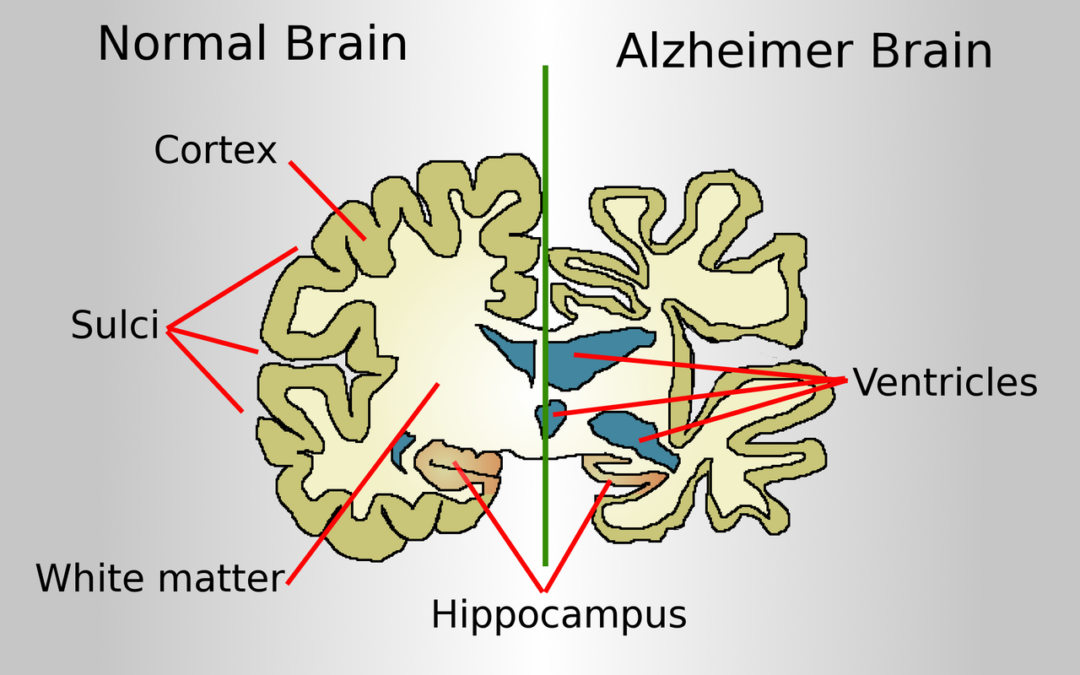Your mother was right
There are 5.6 million Americans with Alzheimer’s type memory loss. The disease has a variable course, and the ambiguity can be agonizing. Those identified at an early stage face the decision to take intravenous antibody drugs at great expense and significant risks, On the downward course, while variable in speed, is relentless in direction.
Prevention is the key
The best heart attack is the one that never happens. When faced with an incurable neurologic disease, the benefit-to-risk ratio of prevention is inestimable. The onset of dementia can be delayed for years by lifestyle modifications such as exercise, good diet, good sleep, and less stress. Now we can add daily multivitamins to that list.
The Cosmos Study
The Cocoa Supplement and Multivitamin Outcomes Study (COSMOS) trial, coordinated by Harvard, is a multi-arm study of cognitive function and multivitamins (cocoa was evaluated for cardiac function) of 22,000 patients, showed that daily multivitamin consumption improved cognitive function. Patients in the cognitive study were evaluated by web-based questionnaires, telephone interviews, or in person interviews. The pooled results of each arm of the multivitamin groups had higher cognitive test scores after 3 years than the participants assigned to the placebo group.
The investigators estimated that taking a daily multivitamin slowed cognitive aging by 60%, or the equivalent of 1.8 years over the 3 years of the study.
I, like other physicians, had to pick a side in the battle between the American College of Internal Medicine (eat multiple servings of fruits and vegetables every day) vs the Functional Medicine Society (take a multivitamin daily). The American College of Internal Medicine had the Department of Agriculture on its side with its succession of food pyramids. If you go to the National Institutes of Health website, the same message “MVMs cannot take the place of eating a variety of foods that are important to a healthy diet” awaits. But then again, just how good is the specific nutrient quality of today’s fruits and vegetables?
On the multivitamin side of the argument is the Linus Pauling Institute at Oregon State University, which recommends daily multivitamins as insurance against the micronutrient-depleted agricultural products that stare at us every night on our dinner plates. The National Health and Nutrition Examination Survey found that energy-dense, nutrient-poor foods comprise 27% of daily caloric intake in the American diet.
How bad is the food supply?
Studies of soil conclude that multiple nutrients have declined by thirty to forty per cent over the last thirty years. The main essential nutrients include Nine essential nutrients of calcium, iron, vitamin C, zinc, magnesium, vitamin B6, vitamin E, vitamin A, and riboflavin (B2), and vitamin D. There are many other micronutrients that one could include, but many do not have Recommended Daily allowances. An example of how depleted our food chain has become: one would have to eat eight oranges today to derive the same amount of Vitamin A as our grandparents would have gotten from one.
One would have to eat eight oranges today to derive the same amount of Vitamin A as our grandparents would have gotten from one. Share on XWhat is the best brand of Vitamin to fight off Cognitive Decline?
The recommended daily allowance for different vitamins and minerals is set by the U.S. Food and Drug Administration (FDA). There is nothing that prevents a manufacturer from producing a custom mixture of different amounts, but the utility of “vitamin alchemy” is hard to demonstrate. This will not deter the supplement manufacturers from making claims of “supporting cognition” or “supporting executive function”, but no scientific citations back up the claims. Despite the lack of scientific evidence, there will also be personal testimonials (which can be advertised under the right of free speech). For this so-called “support,” you will pay a pretty penny. Multivitamins cost from four cents to a dollar per day. From my vantage point, for a dollar a pill, you are paying for the expensive marketing with your $1 vitamin.
The Vitamins in the Study were Centrum Silver
I have recommended Costco Kirkland vitamins for many years. They are among the top three evaluated by Consumer Lab, both for ingredients (it has 31; Centrum Silver has 26) and cost. Centrum Silver costs four times as much as Costco, and you can’t get the $5 chicken unless you’re shopping at Costco 😊
You can also get Kirkland Daily Multi’s on Amazon.

